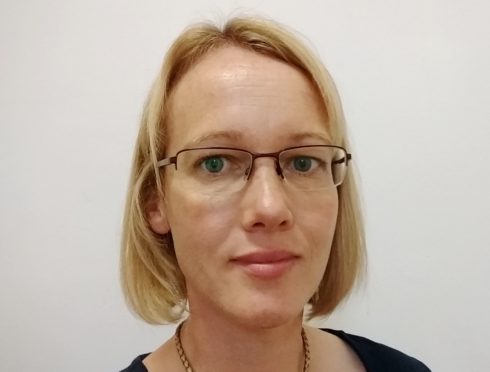The leading doctor in Tayside’s approach to tackling the city’s “harrowing” drugs crisis has said a public health approach will help prevent future generations of at-risk people become death statistics.
In November last year, cabinet secretary Joe FitzPatrick unveiled Scotland’s strategy to improve health by preventing and reducing alcohol and drug use, harm and related deaths in a report titled Rights, Respect and Recovery.
The first strategy to be published in almost a decade, Mr FitzPatrick highlighted the pivot from treating Scotland’s addiction crisis from a criminal justice issue.
Professionals working to tackle the drug-death scourge say by treating the situation through the prism of public health, it can help unravel the causes which result in drug addiction including poverty, abuse as a child and chaotic living.
Locally, the Dundee Drugs Commission is set to publish its findings into the city’s drug-deaths figures and on a national level the Scottish Government has established the Drugs Death Taskforce, which will examine approaches made in other countries who have successfully tackled their own issues.
Dr Emma Fletcher, public health consultant and chair of the Tayside Drugs Deaths Review Group, said: “The national statistics which revealed drug-related deaths in Scotland exceeded 1,000 for the first time since records started are harrowing.
“Each death invariably represents a life of adversity – a person who will have likely grown up in poverty, witnessed or been subject to abuse as a child, experienced unstable living circumstances and been affected by the impact of others’ substance use previously. Their voices are often not heard.
“Our role, in public health, is to assimilate and provide evidence to inform the story behind the numbers – the significant adversity experienced, the interconnection of problematic drug use with poor mental health, the changing pattern of substances involved – to guide how we should be supporting people both with problematic drug use currently and those at risk of developing substance use concerns in future.
“Our work has to be done in partnership with other agencies to achieve this and this is predominantly done through the Alcohol and Drug Partnerships (ADPs) in Tayside.
She continued: “However, like all partners in the ADP, we have to ensure we are doing our upmost to support the work of the ADP to achieve greatest impact and best outcomes for people in Tayside.
“To date we have made significant improvements in our understanding and reporting of drug deaths and while this is informing action to reduce drug deaths in future, we also aim to strengthen the monitoring and reporting of emerging drug-related harm to guide earlier preventative approaches.
“The Scottish Directors of Public Health described drug and substance misuse as a public health emergency.
“This is explicitly stating a commitment to support the prioritisation of public health action in this area both locally and nationally and is very much welcome to continue to intensify and consolidate efforts to reverse the current alarming trends.”
